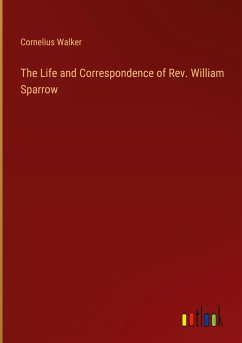SET IN and around Catania, Sicily, on the verge of the Italian Risorgimento, Sparrow, first published as "Storia di una capinera" in 1870, tells the story of Maria, the daughter of a low-level bureaucrat, like so many other young women of the time, forced into the convent by economic and social forces. After a brief - and almost imaginary - flirtation with the son of neighbors forced together with her family during a cholera epidemic, Maria is sent back into the convent, there to go from disappointed love, to broken health, madness, and death. Verga creates a tour-de-force of emotional intensity that represents one of the late flowerings of the Romantic movement and opens the door to the Realism of the late nineteenth century. Deeply emotional in its revelation, yet bitterly ironic in its criticism of Bourbon Italy's oppression of women, Sparrow still has the capacity to fascinate and outrage while it delights the reader with the bravado of Verga's fictional constructions.
Hinweis: Dieser Artikel kann nur an eine deutsche Lieferadresse ausgeliefert werden.
Hinweis: Dieser Artikel kann nur an eine deutsche Lieferadresse ausgeliefert werden.








